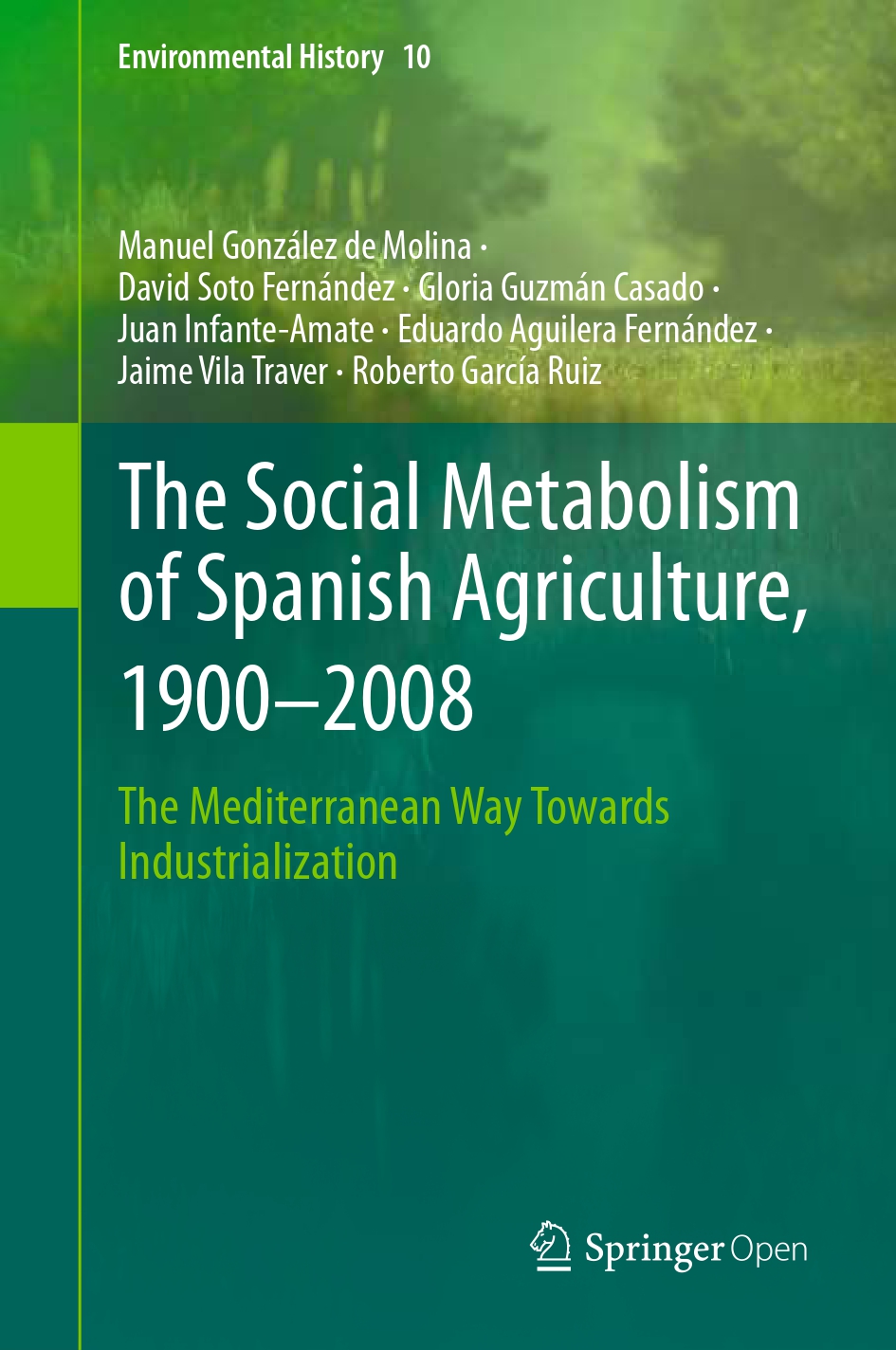Wastewater Irrigation Management Plan (WIMP)
This guideline aims to provide guidance and criteria for the sustainable irrigation3 of organic, nutrient-rich or saline wastewater, such as from milk processing, cheese manufacturing, saleyards, abattoirs, wineries, and olive, vegetable and fruit processing facilities.
For urban-based activities, disposal to a sewer (with SA Water approval) is a practical option, although it may come at a cost related to pollutant loads in the wastewater. For rural locations where disposal by irrigation is the only practical option, an adequate level of planning and management is needed to ensure that the irrigation is sustainable.
Wastewater Irrigation Management Plan (WIMP)
This guideline aims to provide guidance and criteria for the sustainable irrigation3 of organic, nutrient-rich or saline wastewater, such as from milk processing, cheese manufacturing, saleyards, abattoirs, wineries, and olive, vegetable and fruit processing facilities.
For urban-based activities, disposal to a sewer (with SA Water approval) is a practical option, although it may come at a cost related to pollutant loads in the wastewater. For rural locations where disposal by irrigation is the only practical option, an adequate level of planning and management is needed to ensure that the irrigation is sustainable.
Advanced Greenhouse Horticulture New Technologies and Cultivation Practices
Abstract: Greenhouse horticulture is one of the most intensive agricultural systems, with the advantages of environmental parameter control (temperature, light, etc.), higher efficiency of resource utilization (water, fertilizers, etc.) and the use of advanced technologies (hydroponics, automation, etc.) for higher
productivity, earliness, stability of production and better quality.
Advanced Greenhouse Horticulture New Technologies and Cultivation Practices
Abstract: Greenhouse horticulture is one of the most intensive agricultural systems, with the advantages of environmental parameter control (temperature, light, etc.), higher efficiency of resource utilization (water, fertilizers, etc.) and the use of advanced technologies (hydroponics, automation, etc.) for higher
productivity, earliness, stability of production and better quality.
Agricultural Innovation and Sustainable Development
Global agriculture is confronted by a number of substantial challenges, with some of them being existential. The principal challenge is climate change, which threatens desertification, with attendant increases in salinity, insect and animal infestations, and floods (as well as droughts). These impacts will remove some areas from cultivation
at a time when the global population is projected to increase from 7.2 billion persons today to 9.7 billion persons in 2050.
Agricultural Innovation and Sustainable Development
Global agriculture is confronted by a number of substantial challenges, with some of them being existential. The principal challenge is climate change, which threatens desertification, with attendant increases in salinity, insect and animal infestations, and floods (as well as droughts). These impacts will remove some areas from cultivation
at a time when the global population is projected to increase from 7.2 billion persons today to 9.7 billion persons in 2050.
Biodiversity of Vegetation and Flora in Tropical Africa
African ecosystems comprise a wealthy repository of biodiversity, with a high proportion of native and endemic plant species, which makes them biologically unique and providers of a wide range of ecosystem services. A large part of African populations, in both rural and urban areas, depend on plants for their survival and welfare, but many ecosystems are being degraded, mostly due to the growing impacts of climate change and other anthropogenic actions and environmental problems. Loss of habitat and biodiversity affects livelihoods, water supply and food security and reduces the resilience of ecosystems in the African continent. The knowledge about the great African plant and ecosystem diversity, and the structure, composition and processes involved in vegetation dynamics, is crucial to promote their sustainable use and to preserve one of the most understudied regions in the world. This Special Issue aimed to gather contributions that update and improve such knowledge.
Biodiversity of Vegetation and Flora in Tropical Africa
African ecosystems comprise a wealthy repository of biodiversity, with a high proportion of native and endemic plant species, which makes them biologically unique and providers of a wide range of ecosystem services. A large part of African populations, in both rural and urban areas, depend on plants for their survival and welfare, but many ecosystems are being degraded, mostly due to the growing impacts of climate change and other anthropogenic actions and environmental problems. Loss of habitat and biodiversity affects livelihoods, water supply and food security and reduces the resilience of ecosystems in the African continent. The knowledge about the great African plant and ecosystem diversity, and the structure, composition and processes involved in vegetation dynamics, is crucial to promote their sustainable use and to preserve one of the most understudied regions in the world. This Special Issue aimed to gather contributions that update and improve such knowledge.
Approaches in Enhancing Antioxidant Defense in Plants
This Special Issue, “Approaches in Enhancing Antioxidant Defense in Plants” published 13 original research works and a couple of review articles that discuss the various aspects of plant oxidative stress biology and ROS metabolism, as well as the physiological mechanisms and approaches to enhancing antioxidant defense and mitigating oxidative stress. These papers will serve as a foundation for plant oxidative stress tolerance and, in the long term, provide further research directions in the development of crop plants’ tolerance to abiotic stress in the era of climate change.
Approaches in Enhancing Antioxidant Defense in Plants
This Special Issue, “Approaches in Enhancing Antioxidant Defense in Plants” published 13 original research works and a couple of review articles that discuss the various aspects of plant oxidative stress biology and ROS metabolism, as well as the physiological mechanisms and approaches to enhancing antioxidant defense and mitigating oxidative stress. These papers will serve as a foundation for plant oxidative stress tolerance and, in the long term, provide further research directions in the development of crop plants’ tolerance to abiotic stress in the era of climate change.










